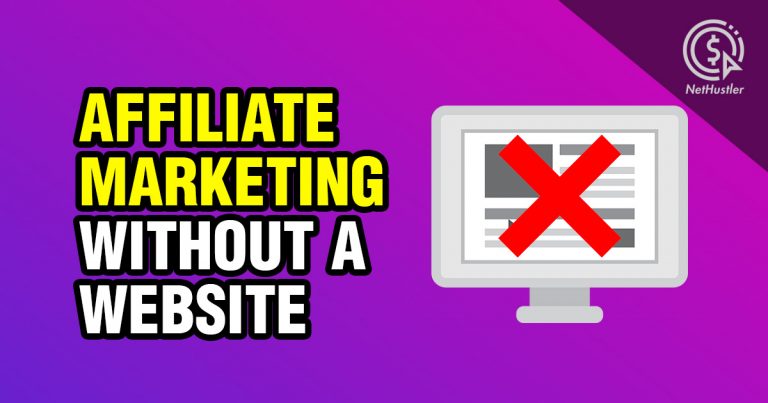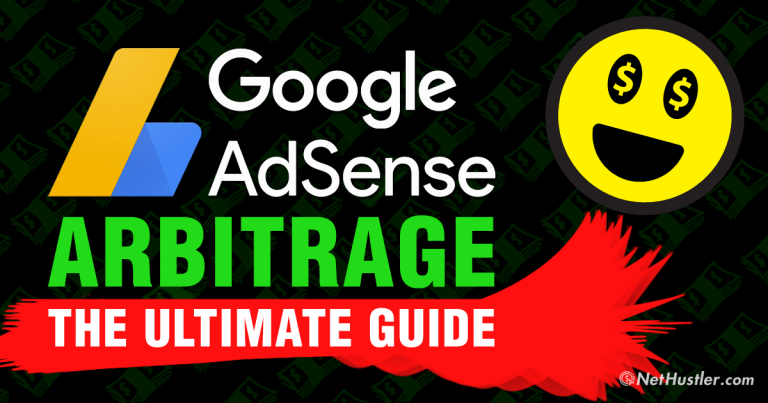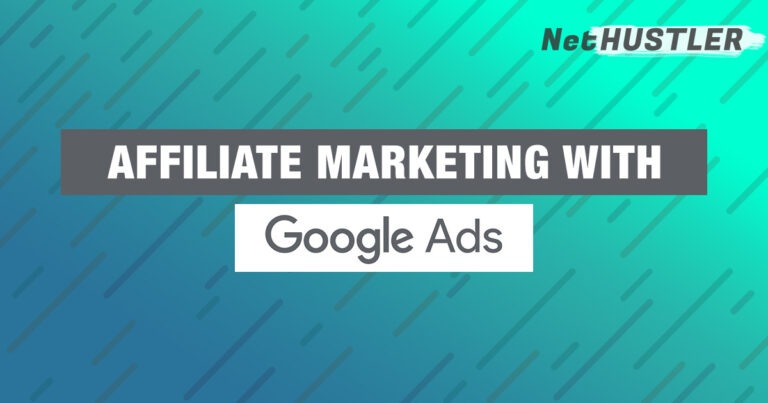CPA vs CPS – Cost per Action & Cost Per Sale in Affiliate Marketing
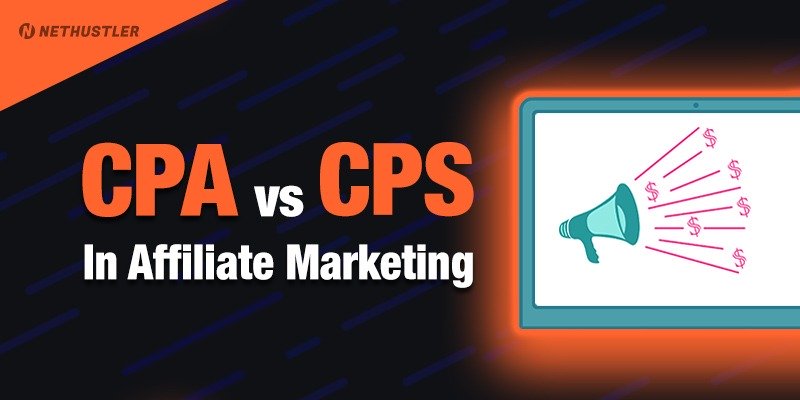
Want to know what is the difference between Cost Per Action (CPA) vs Cost Per Sale (CPS) in affiliate marketing? Good. You’re on the right page then.
Hi there, confused affiliate marketer.
I’m glad to have you here reading this, it means that you want to start doing affiliate marketing, which is a great way to make money online.
But…
You’ve joined maybe a couple of affiliate networks, and now you have programs and offers that have different affiliate payment models such as CPA or CPS.
So what the heck are those, and which of these payment options should you pick when promoting affiliate offers and products?
In this article, I’m going to give you the CPA definition and the CPS definition so that you can better understand how CPS and CPA function in affiliate marketing.
This way you will know for sure which kind of affiliate payment model you favor, and only pick the offers that are advantageous to you.
Let’s begin:
What’s the difference between CPA and CPS for affiliates?
In affiliate marketing, CPA stands for Cost Per Action or Acquisition, while CPS stands for Cost Per Sale.
I know, they both sound kinda the same…right?
They’re not though.
But Stephen isn’t acquisition the same thing as a sale, purchase, or someone buying something?
Well, yeah, but it has more meanings though, you can acquire something without having to buy it.
It costs me or you nothing for you to sign up to my email newsletter 😏 right?
But I still acquired your email address.
That’s basically the essence of how CPA works by the way.
Okay fine…you want to go more in-depth with this CPA vs CPS definitions?
Good.
It means that you’re a smart affiliate, and want to learn more so that you could make a better decision on which of these payment models works best for you.
What is CPA?
CPA stands for Cost Per Action or Acquisition. In affiliate marketing, this means that the offer will pay you when someone completes an action on the advertiser’s landing page, such as: an email submit, ZIP code submit, completing a form, etc.
This CPA payment model is very popular with CPA marketing (obviously), with many affiliates (especially beginners) who will favor the CPA model more since they don’t have to convince someone to buy something.
Because you can get money if someone clicks on your CPA affiliate link and completes an action (signs up to a newsletter, downloaded an app, etc), it’s generally considered to be an easier way of getting conversions.
For example, you can promote a dating CPA offer where users only have to sign up to a website without paying for anything, and you get paid for that lead.
How cool is that?
Oh yeah, CPA can also stand for CPL (cost per lead), and pretty much any sort of “action”, including a sale sometimes (depends really on the affiliate network).
Here are some examples of offers with a CPA payment model from Maxbounty:
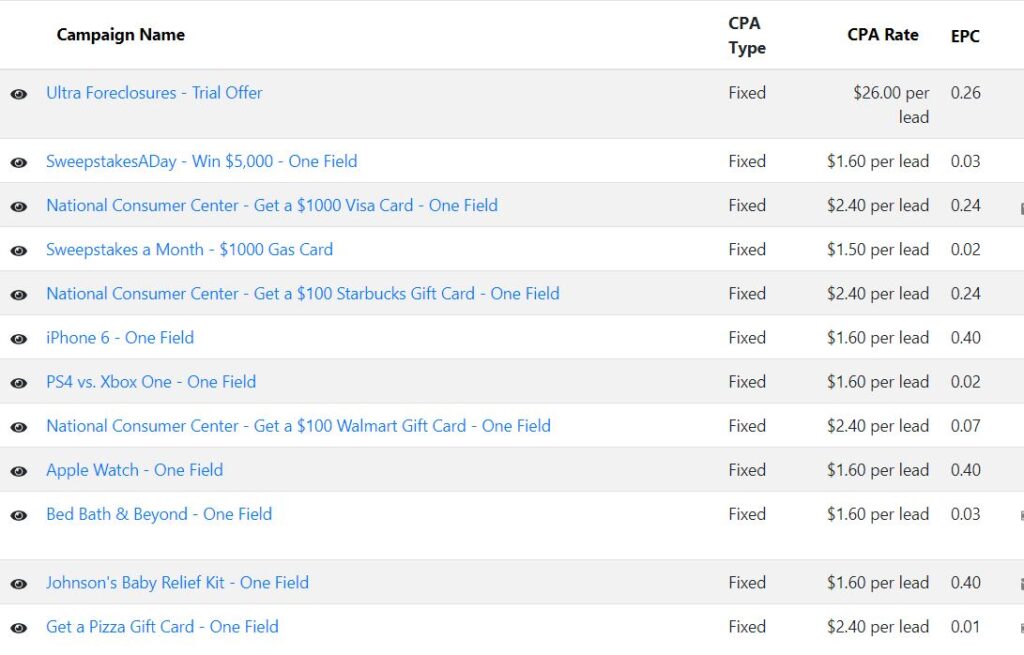
As you can see a lot of those CPA offers are in the $1.6-$2.4 range, with the exception of the first one which pays a whooping $26 per lead (or action).
Every offer on that list will pay you (the affiliate) that fixed amount of money for every lead that you send via your affiliate link.
For most of those offers all that’s required is for someone to complete just One field on the advertiser’s landing page (usually email address).
After the visitors sign up and complete the action via your affiliate link, you get paid that CPA rate, and it will add to your balance in the affiliate network that you work with.
Pretty easy right?
It sure is. That’s why a ton of affiliates prefer the CPA model, they don’t have to sell anything, and they still get paid. Awesome.
But wait, what about that $26 CPA offer?
It’s the same concept there too, so you still get paid on a cost per action basis is just that the users that you send will have to complete more fields than just adding their email or zip code.
Usually, those financial CPA offers will ask people for a ton of info such as full name, address, email, telephone number, even SSN, that’s why they pay so much.
Alright moving on…. since you want to learn about CPA vs CPS, we need to take a look at CPS definition now.
What is CPS?
CPS stands for Cost Per Sale. Meaning that an affiliate will get paid whenever someone buys a product or service through their affiliate link.
This is a great payment model for affiliates that want to increase their revenue, doing the same thing: promoting affiliate offers.
Sure, the downside is that it will be a bit harder to convince people to pull out their credit cards and buy something, but the upside is that you will get paid a lot more in affiliate commissions.
Usually, affiliate CPS products have an average of 1% conversion rate, which yeah it’s not that great, since you can get 15%-20% or even more if you find the right CPA offers.
Of course it depends on the niche, the product, the affiliate network, the traffic…
There are many things involved that will decide your conversion rate, but you at least want to avoid promoting CPS affiliate scam products.
Here are some examples of CPS offers from the AdCombo affiliate network:
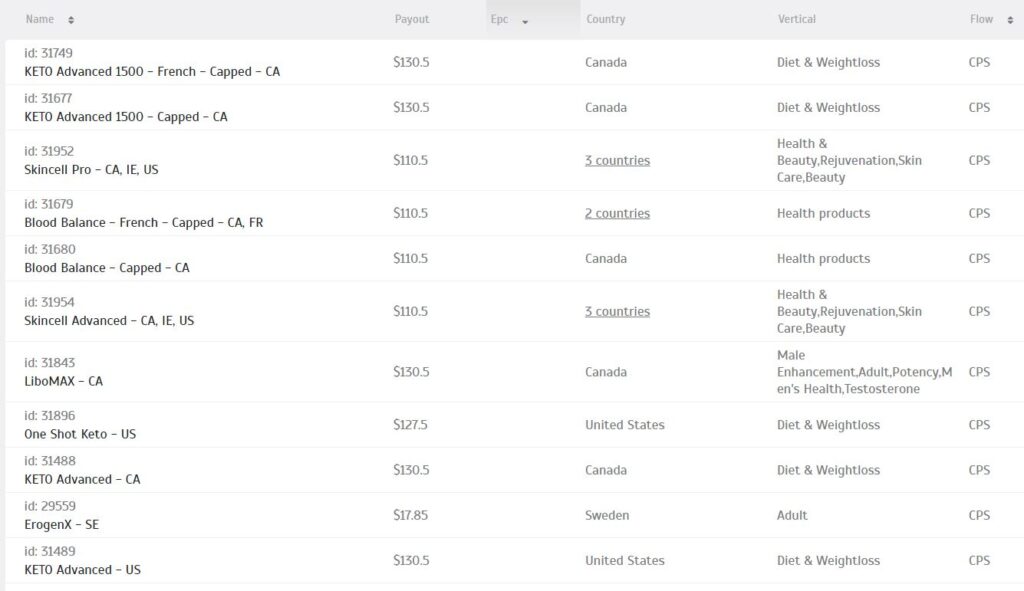
As you can see the CPS payouts are huge, compared to CPA ones.
I would advise anyone to at least try out promoting CPS offers once, and see how it goes, sure the CPA ones are easier, but the profits you get from pay per sale (PPS) offers are amazing.
Oh yeah, CPS also means PPS, or pay per sale. Why are there so many variations of these things, I would never know… oh well such is the online marketing life.
CPA vs CPS: What to Choose?
Ah, the dreaded question. What offers should you promote, CPA or CPS ones?
Well, obviously you will have to compare the two payment options, and what a better way than creating a CPS vs CPA pros and cons list:
PROS of promoting CPA offers
- Great for beginner affiliates
- Less promotional restrictions
- Usually don’t need extra approval
- Huge variety of CPA offers
- Don’t need to pre-sell customers
CONS of promoting CPA offers
- Some of them are usually capped (ou can only get X amount of leads)
- Low payouts compared to CPS offers
- It’s not rare to see many CPA offers getting deactivated all of a sudden
Alright, let’s see some of the PROS and CONS of CPS affiliate offers now:
PROS of promoting CPS offers
- Higher affiliate commission and rates.
- CPS offers rarely get deactivated
- They are not capped (usually)
- ROI can be higher with CPS offers if you pay for ads
- Much easier to build a blog around a CPS product (and related ones)
CONS of promoting CPS offers
- Some have high refund rates (because some have insane fake claims)
- Harder to convert (obviously)
- Some CPS offers are harder to promote on ad networks (health products general will require additional disclaimers and extra care)
As you can see, it’s not a clear answer, since both of them have different pros and cons.
The thing is though…
It’s up to you to decide.
Compare them and think hard about which one of these best suits your affiliate skills and level of marketing.
Most experienced affiliate marketers would say that CPA offers are easier to promote, especially for beginners, and I would agree, but only slightly though.
Because for me it was exactly the opposite. I struggled a lot promoting basic CPA offers like email submits that would pay $1-$2 per lead, and every time I would try to pay for traffic my EPC would suck and I was losing money.
When I switched to promoting CPS products, everything changed. The margin for error was much higher now, meaning that if I would get paid an affiliate commission of $30 every time someone buys something through my links.
I could afford to at least spend $30 on traffic until I see if someone converts or not.
Compare that to $1-2$ and you have a much smaller margin of error, if you spend $1 in traffic (which won’t get you too many clicks anyway), if you don’t get at least one conversion out of that 1 dollar, you’re kinda screwed.
I now know what I did wrong back in those years when trying to promote CPA offers, I wasn’t tracking my data properly and optimizing my ads to squeeze out the best EPC and ROI possible only from the targets/sources that converted.
The point still stands though, you have to put in a lot more work into making cost-per-action offers profitable with paid traffic versus cost-per-sale ones.
At least that’s my opinion.
The beauty is that if you pick one of these free traffic sources for affiliate marketing, you could try promoting both CPA and CPS offers without the risk of losing money on paid ads, especially if you’re a newbie affiliate and doing affiliate marketing on a budget.
Cost Per Action vs Cost Per Sale: Final Words
When it comes to choosing between CPA vs CPS, ultimately, it’s really up to you.
As you can see they both have their own pros and cons, this article was more about giving you the definition of CPS vs CPA and not choose one for you.
Here’s something *shocking* to read:
YOU WILL FAIL… A LOT.
But…
Don’t be scared of failing, or failure in general, especially in online marketing.
Why?
Because the faster you fail, the sooner you realize what your strengths and weaknesses are.
This way you get to only play the game to your strengths.
Simple translation: Go suck, and after you suck for a while you will realize what works for you and what doesn’t. What offers you like to promote and in what niches. What affiliate payout model and what affiliate network, etc.
The faster you gather up some of these failures, the faster you will improve as a marketer but this can also be applied in life as well.
Nobody is talking about failing in marketing everyone is saying how great it is, but no, you need to know that there will be setbacks, just don’t focus on them and move on.
It’s the same shit in life too, you have to fail a lot to become better. Most of the self-made millionaires and billionaires have fucked up a lot before they made it.
Anywayyyy.
With that being said:
Try both CPA and CPS offers, you have nothing to lose anyway (especially if you fail fast).
But do it smartly.
Start a blog in a niche, add some content, get some traffic, and then try monetizing it with either CPS or CPA offers and see which ones are better.
If you want to try your hands at paid traffic, here are 16 cheap ad networks to try.
You can also check out my dating CPA case study where I have turned $110 into $540 in a few days, it includes CPS and CPA offers (was promoting via smartlink).
Are you an advertiser instead of an affiliate marketer and don’t know what payment model to choose for your products or service?
Look at your business first, and decide after that. If you’re a lawyer you’re obviously going to want leads, so pay affiliates with the CPA (cost per action) also known as CPL (cost per lead) model.
If you’re selling an actual product like a toy or supplement, then pay your affiliates with the CPS (cost per sale) option.
The end.
Stay hustlin’ mofos:
Stephen


